Nursing home abuse can take on many forms. When a nursing home has been neglectful or abusive and you or a loved one suffered an injury as a result, you may be eligible to file a lawsuit and collect damages. If you are dealing with a potential case of nursing home abuse or nursing home neglect and want to file a complaint, you likely have questions about your legal rights. This may include whether you are eligible to file a suit against the abuser.
A skilled nursing home abuse attorney can review your case facts and determine your eligibility. They can also walk you through the procedure to file a lawsuit and fight for your maximum compensation.
At Silva Injury Law, we believe in promoting healing through compassionate advocacy. We respect and care for all our clients and will stand by you through the process from start to finish. Read on for important facts about who can file a nursing home lawsuit in California, then call us for a free consultation.
Who Can File A Claim For Nursing Home Abuse?
The California Elder Abuse and Dependent Adult Civil Protection Act (EADACPA) defines a “senior” as any person aged 65 or older who resides in California. California residents between the ages of 16-64-year-old with physical or mental limitations that restrict their ability to carry out everyday activities are considered “dependent adults.”
To file an abuse or neglect lawsuit, a victim must show:
- They are age 65 or older or a dependent adult under the EADACPA;
- That the defendant abused them; and
- Because of the abuse, they suffered damages.
States can file criminal abuse cases against a nursing home, but abuse victims may bring civil lawsuits. In most cases, it’s up to the abuse victims to file a civil liability case. However, sometimes a victim’s reduced mental capacity prohibits their ability. In this case, a family member may be able to file a suit if the victim has a power of attorney (POA). A POA is a legal document empowering someone else to make decisions on the victim’s behalf. Absent a POA, a victim’s loved ones must procure a court order naming a guardian for the abused victim. A guardianship is like a POA, but a court assigns it. A skilled attorney can help with getting a POA or guardianship.
Who Can File A Wrongful Death Suit?
If the nursing home abuse or neglect resulted in death, surviving family members often qualify to file a nursing home wrongful death suit. Usually, the deceased will name either a family member or another trusted person representative of their estate in their will. This gives family members the power to file a wrongful death suit. If the deceased does not have a will or did not appoint a personal representative, a court will often allow the deceased’s next of kin to file a nursing home wrongful death lawsuit.
Under California Code of Civil Procedure § 377.60, in addition to immediate family and the personal representative of the deceased, others may file a wrongful death suit. However, the rules for their ability to file are rather complex and are triggered by specific circumstances. If you have any questions about whether you’re entitled to file a wrongful death suit, an attorney will be able to assess the nuances of your situation and provide a better idea of who can sue in your circumstances.
Wrongful death lawsuits can be hard on loved ones fighting for justice on the decedent’s behalf. Contacting a skilled lawyer can help. An experienced nursing home abuse lawyer can defend the decedent’s rights, protect your right to take legal action against the nursing home, and help you seek compensation for your loss.
Silva Injury Law Can Help You Achieve The Justice You Deserve
The skilled nursing home abuse attorneys at Silva Injury Law provide our clients with fierce advocacy, realistic solutions, and compassionate support. We offer free in-person or remote consultations and fight tirelessly to secure you justice once you hire us. Plus, you never pay us a penny until you collect a settlement or verdict. Call us now at contact us online to get started.
Find Out How We Can Help
At Silva Injury Law we promote healing through compassionate advocacy. With each case tailored to the individual, we look our for your best interests by evaluating your unique circumstances. Contact us today for a FREE in person or remote consultation.
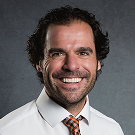


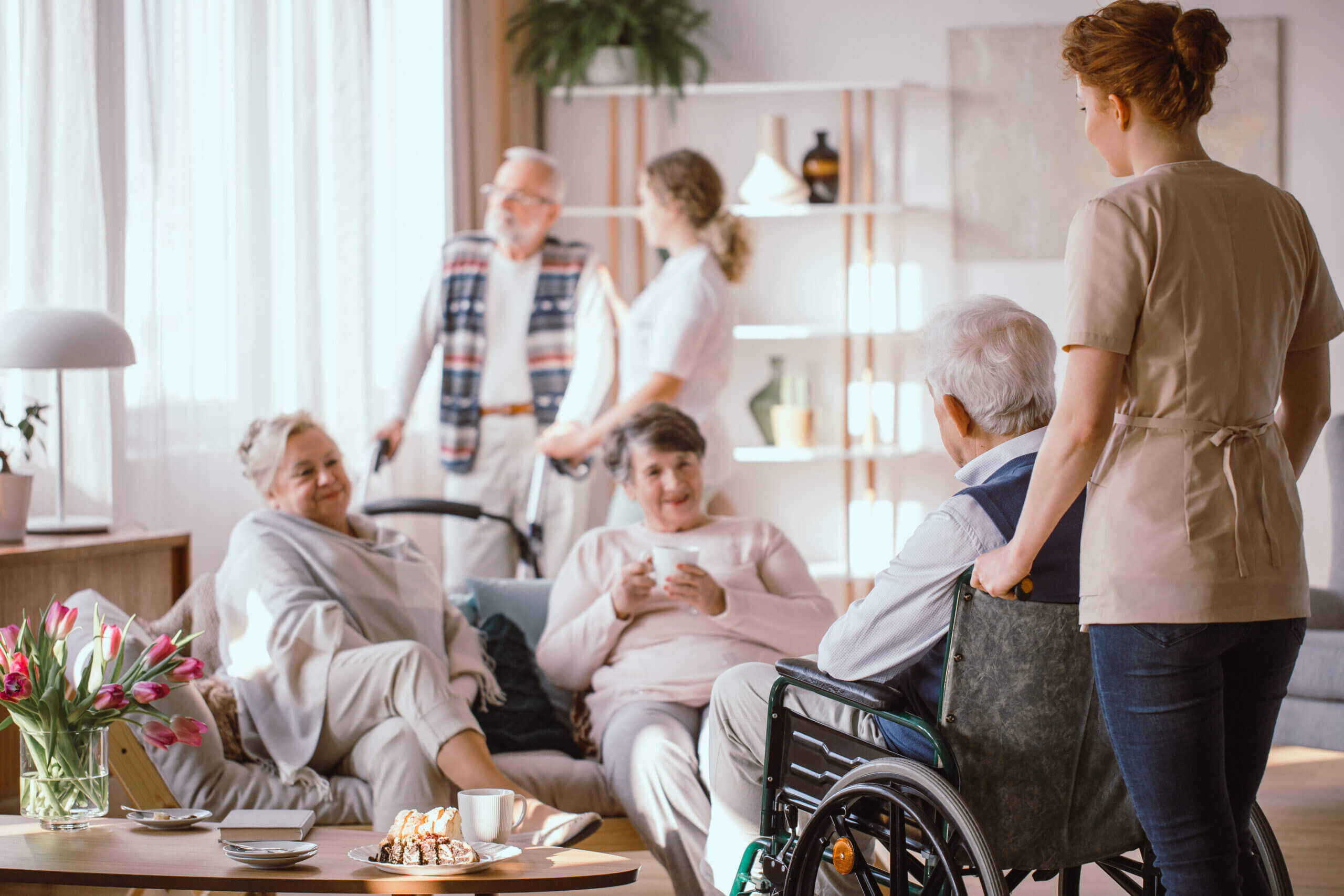

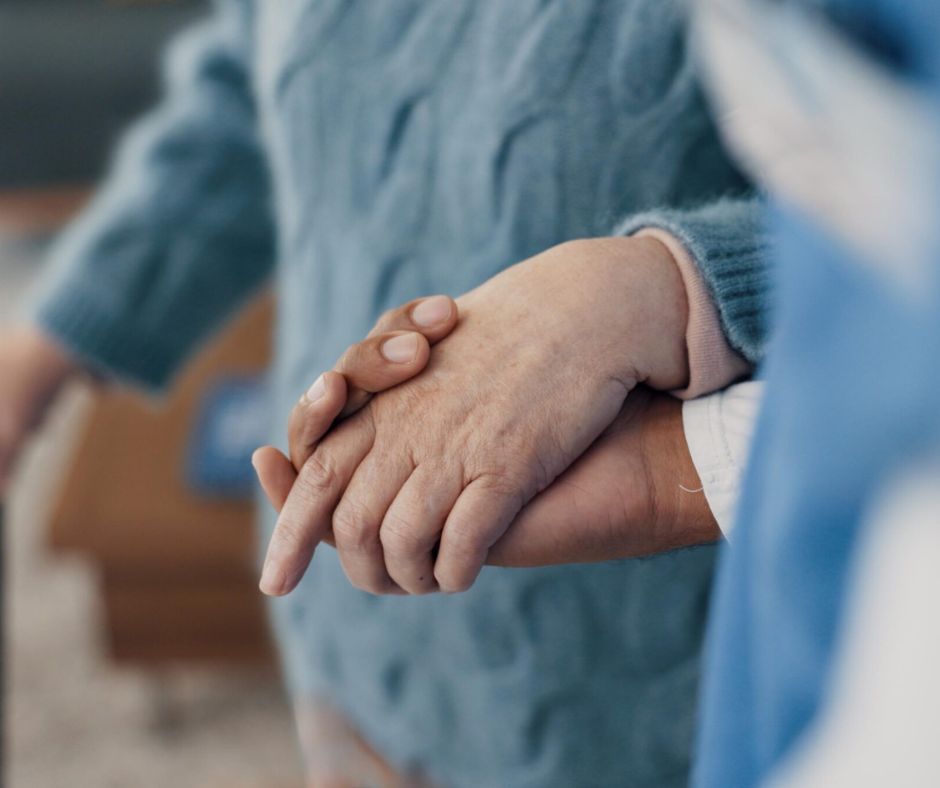
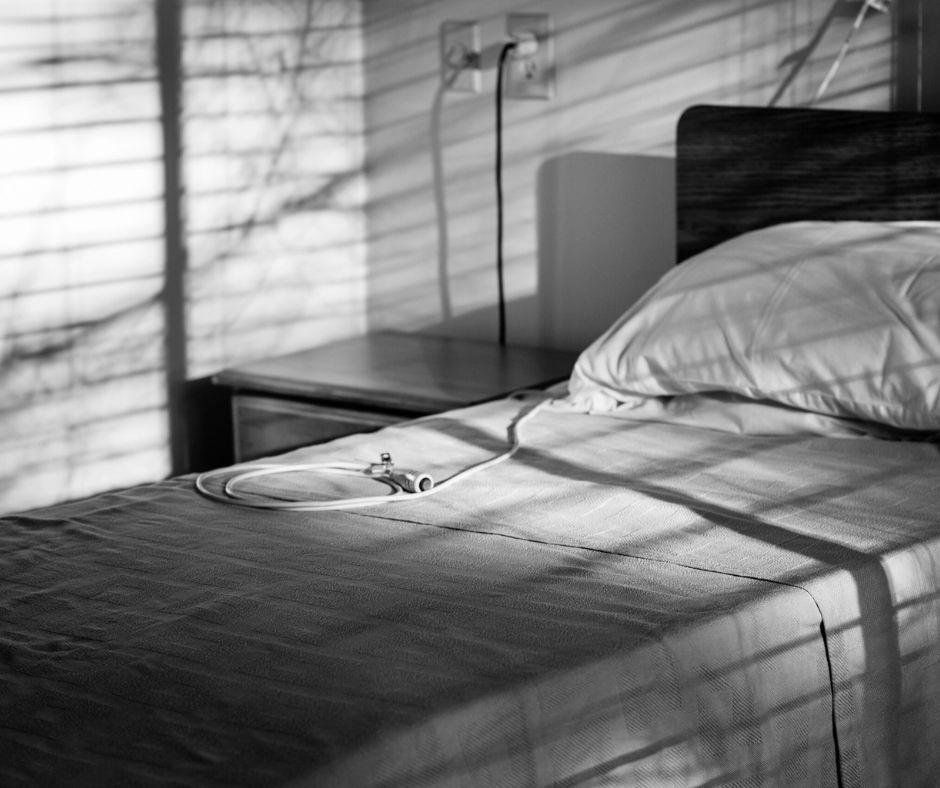
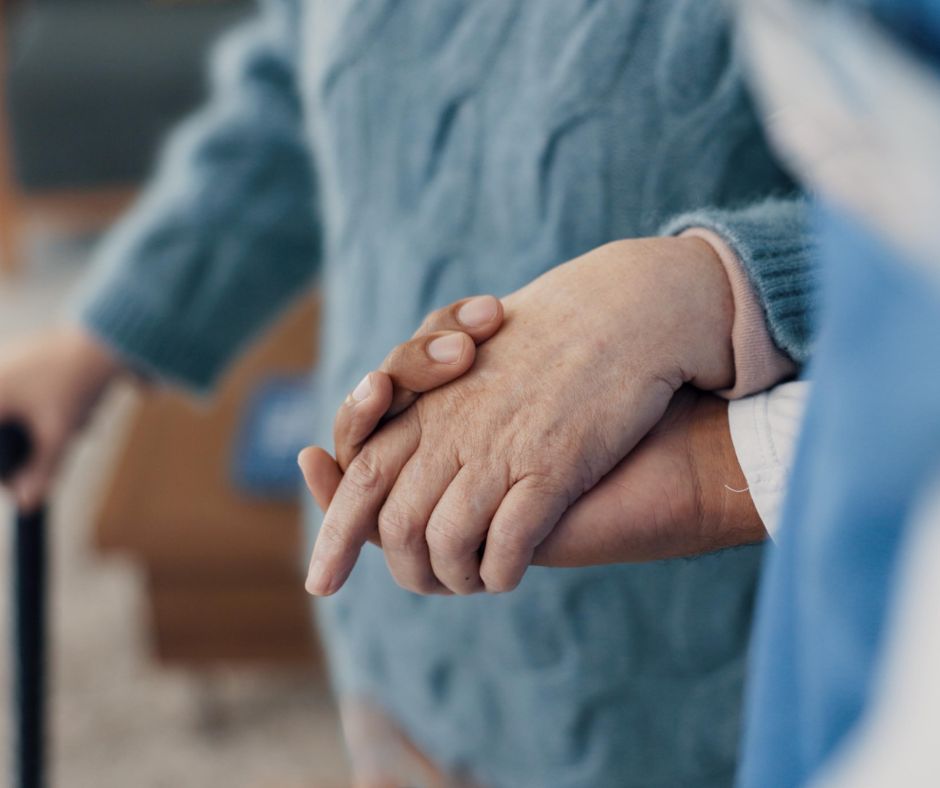

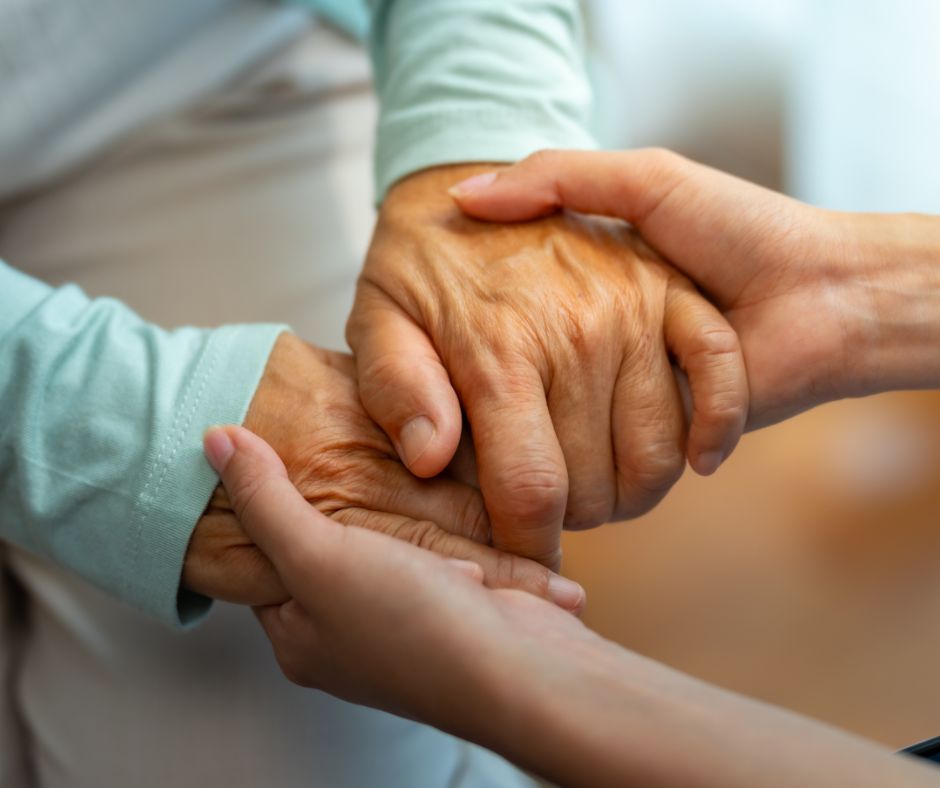

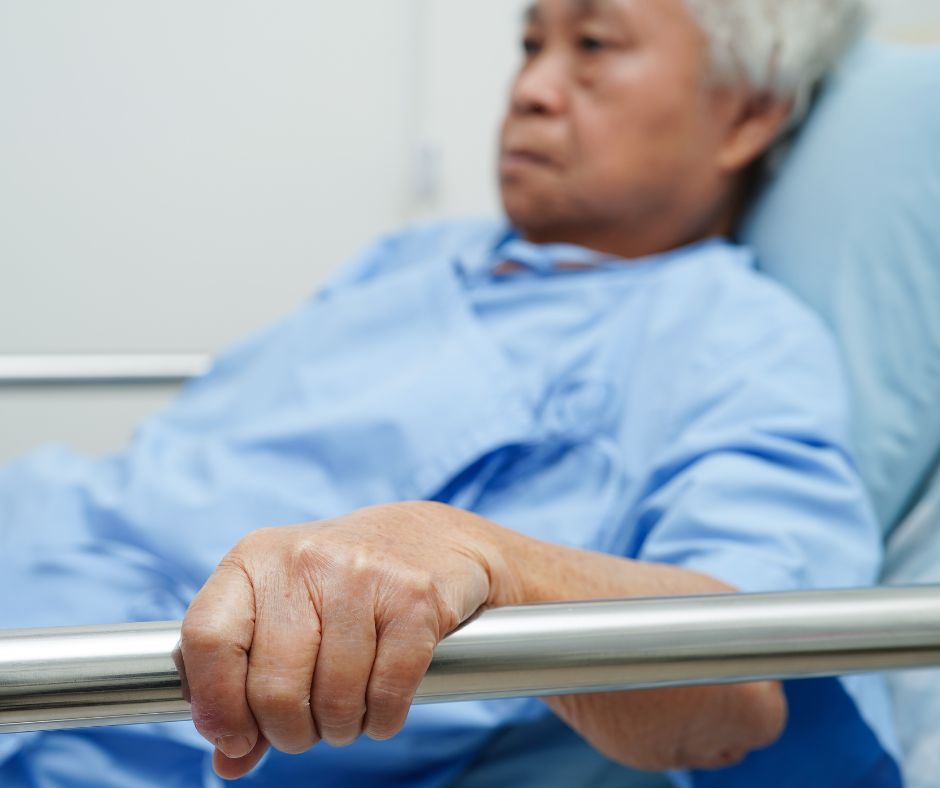

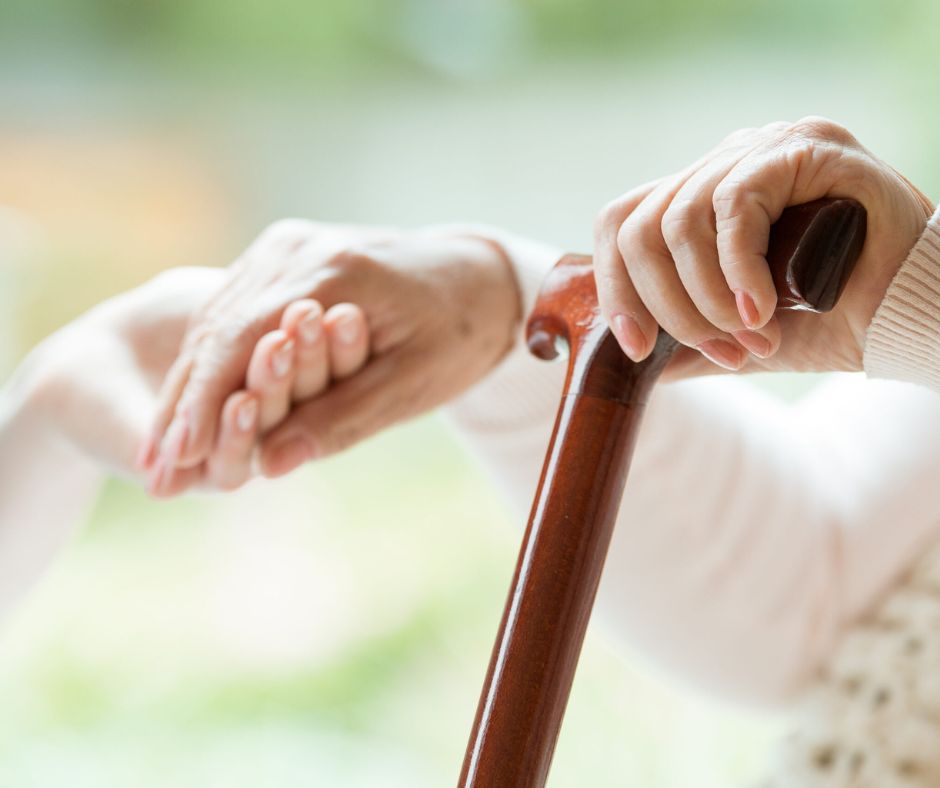

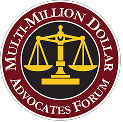


 EMAIL
EMAIL  Ask AI
Ask AI  Access
Access